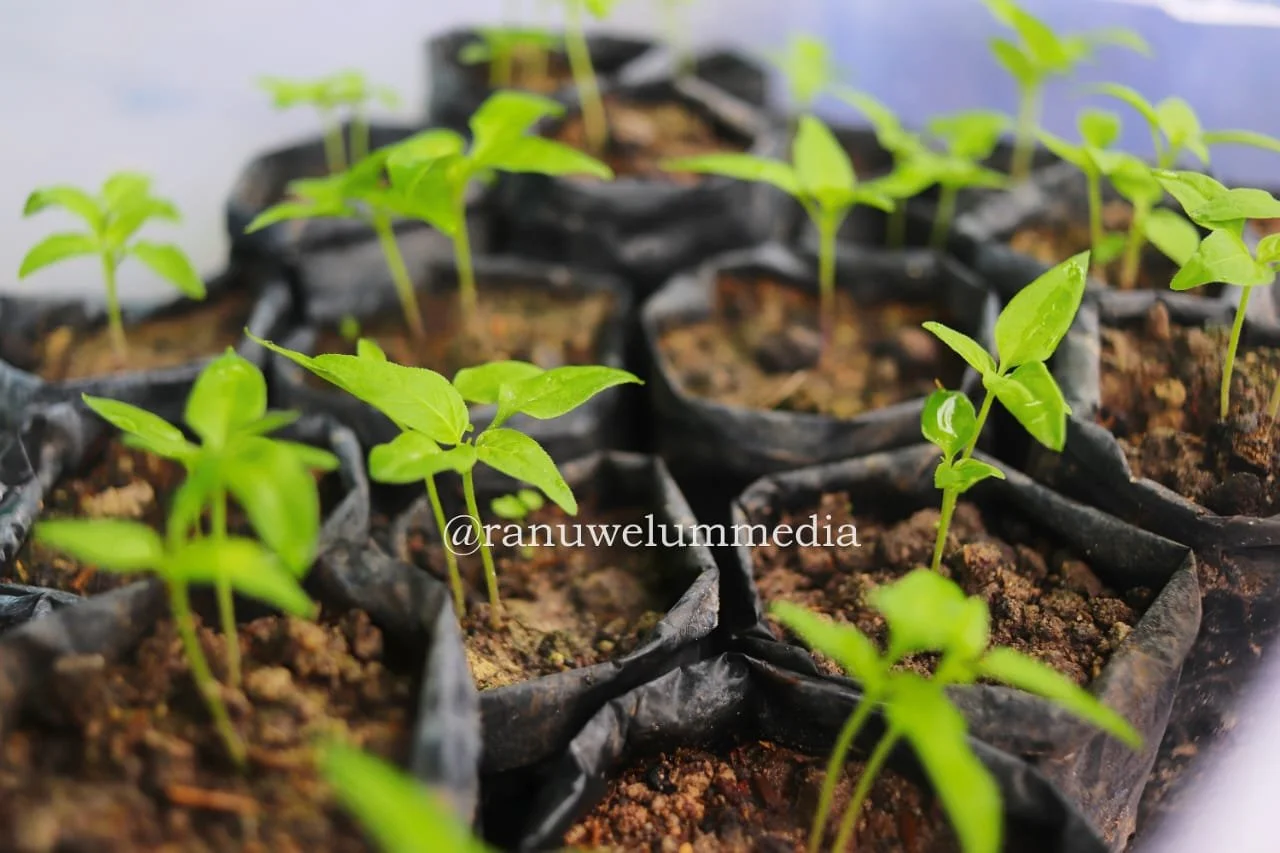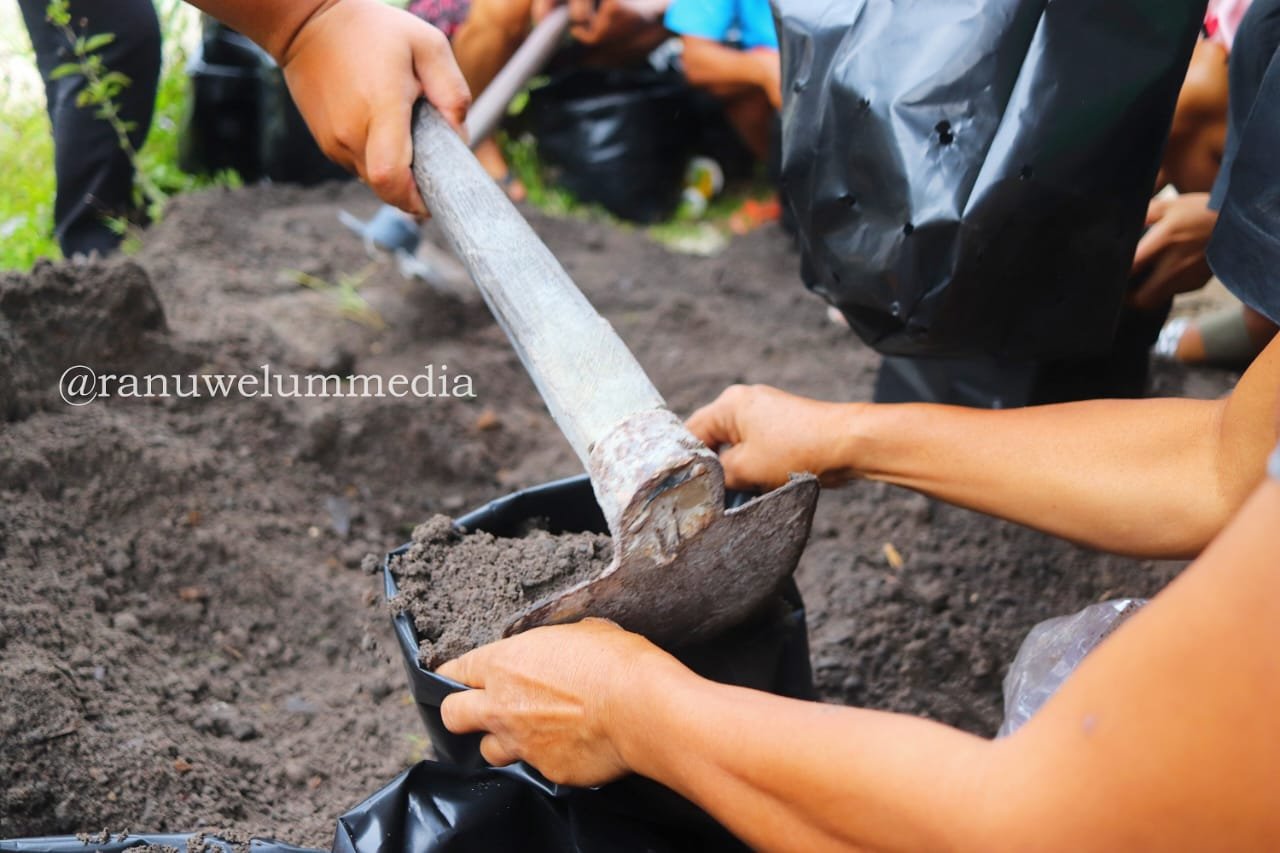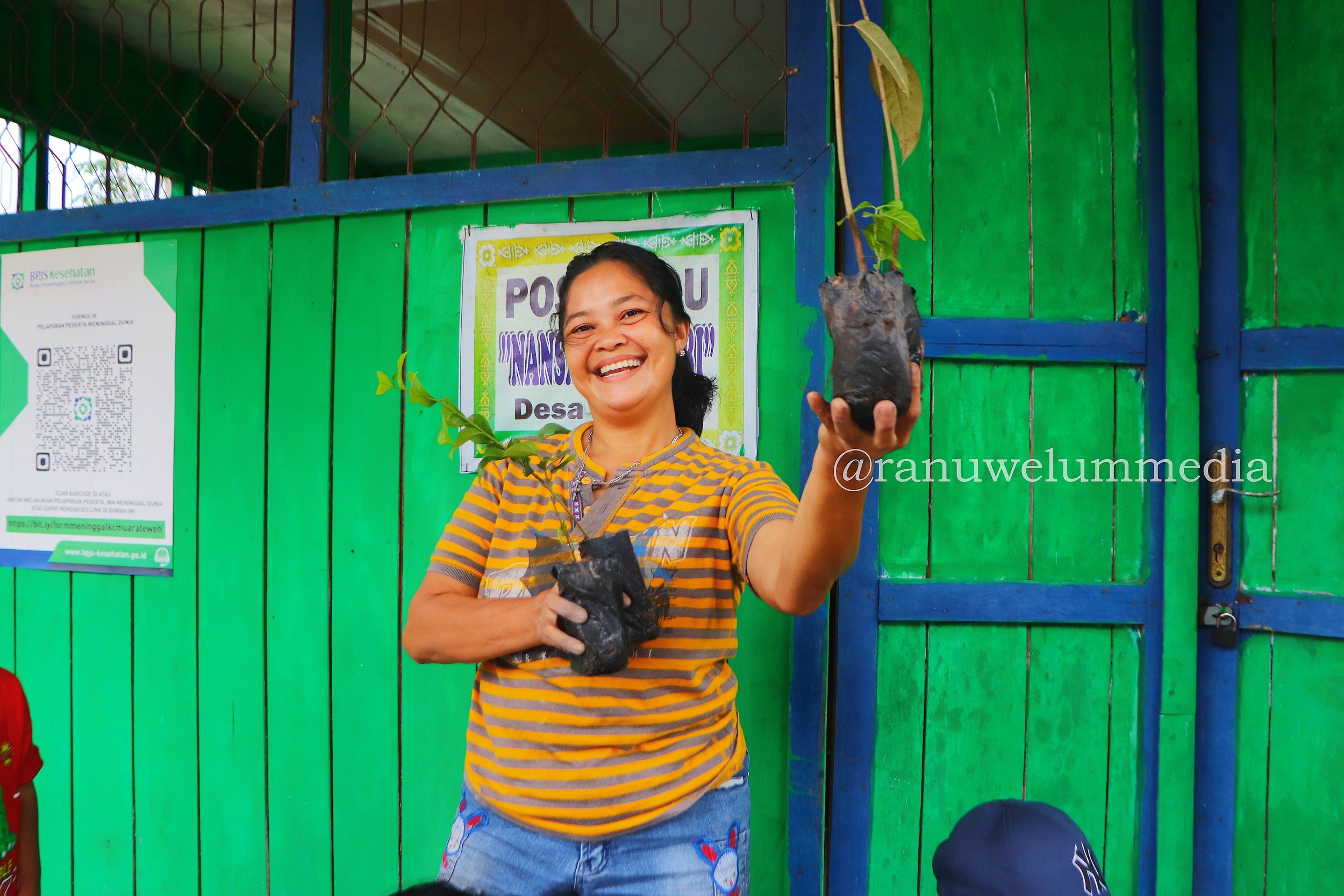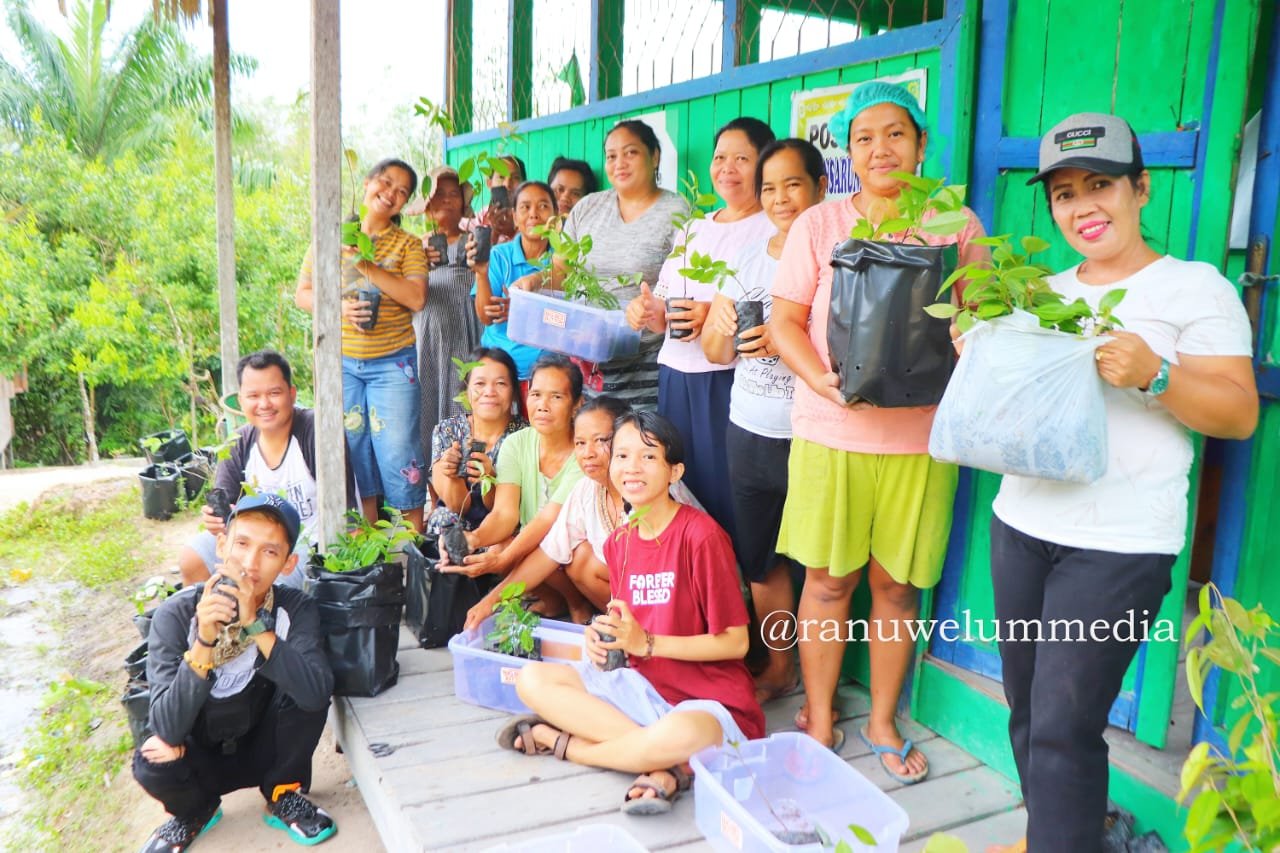TALEKOI - The agricultural sector has become the backbone of the community's economy, particularly in Kalimantan's rural areas. Unfortunately, the Dayak people have been cut off from their traditional farming system due to the prohibition on clearing land by burning. Many Dayak farmers are hesitant to engage in agricultural activities for fear of being imprisoned for clearing land by burning, which is the only agricultural knowledge they know from their ancestors.
One of the reasons many villagers do not work after the zero burning policy is the lack of access to modern agricultural knowledge, skills and technology. Previously, the community could meet its daily food needs from their field produce, but now they must purchase rice and various vegetables from outside sources. Not only has the cessation of cultivation weakened food security and the community's economy, but it has also caused a multidimensional crisis in rural areas. Equipping and facilitating rural communities with new farming knowledge and skill is crucial now. That's why, Ranu Welum, together with the community, initiated the agroforestry project in Talekoi village.
To launch the initiative, we first conducted training in organic fertilizer making. We worked together with the villagers on making growing media and fertilizer using organic waste. Before we conducted the training, previously, we discussed with the farmers who are mostly mothers what support that they need in making agroforestry. They expressed they want to learn how to use waste for farming as it is difficult to get fertilizer in their area. Before, they always used ash from land burning to make the soil fertile.
After the success of the first training, we then provided seedlings for the villagers. We gave 200 chili seedlings for the farmer groups and 500 fruit seedlings for the villagers. We aim to support food security in this village.
Here are some comments from the villagers regarding our program.
"Look at my lush ginger plants! It always makes me happy to see my plants. I got new knowledge about using organic waste that we used to throw away in the previous gardening training,” said Lerryanti, one of women who participated.
“After the ban on burning, it was difficult for our village to get vegetables and fruit. I am so happy getting these getting chili, petai, cinnamon, and soursop seedlings. The seedlings for these fruit trees are not available in this village and are difficult to obtain. Now we get these seedlings, hopefully they can grow, provide us with fruits and even can be sold as additional income for our family,” said ineh Kevin.




